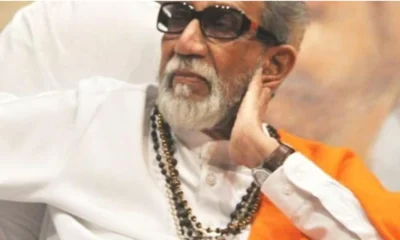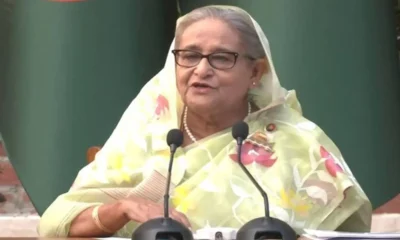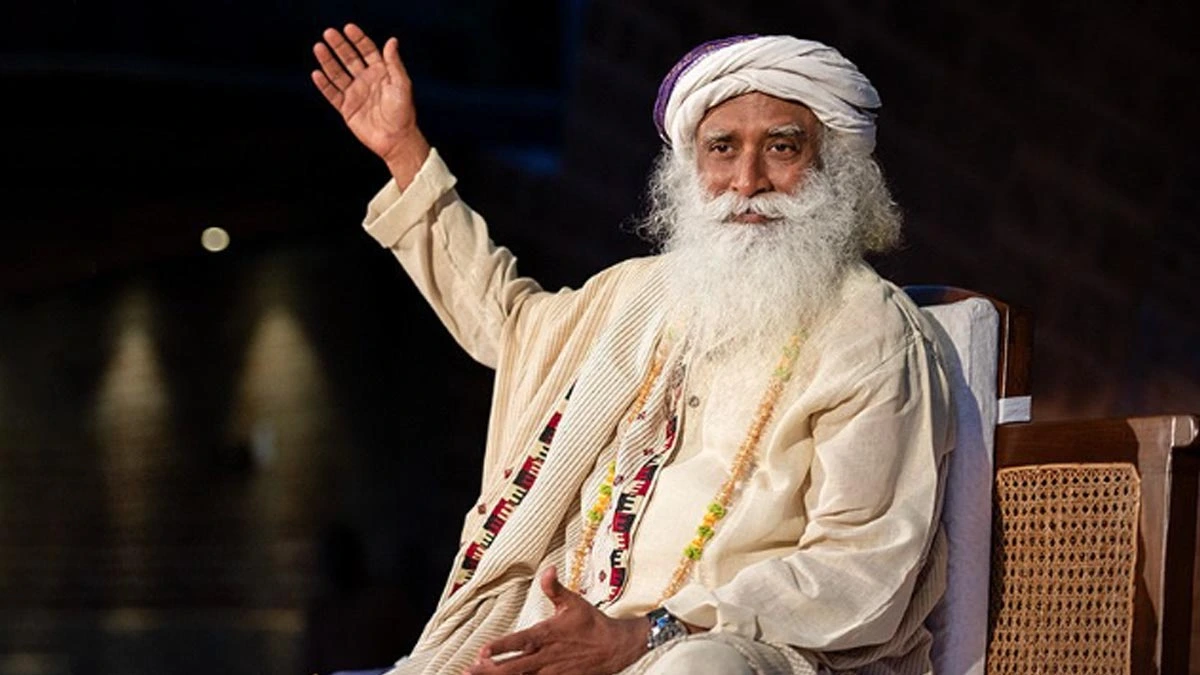Health
BENTA: What is it? All you need to know about the disease that infected a 7-month-old in Bengaluru
Recently, a seven-month-old infant in Bengaluru, Vijayandra, has been diagnosed with BENTA disease. This disease is extremely rare and serious. Worldwide, only 14 children have been diagnosed with the disease, out of which, Vijayandra is the youngest.

Health
Karwa Chauth 2025 moonrise time: Biohacking the fast from sunrise to moonlight for better health
Karwa Chauth 2025 fast offers not only spiritual fulfilment but also scientifically proven health benefits — from improved metabolism and hormonal regulation to enhanced longevity and mental clarity.
Health
Sadhguru’s 30% diet challenge: Spiritual leader explains how eating more fruits can transform your digestion and mental clarity
Sadhguru’s 30% diet challenge urges people to eat more fresh fruits daily. From better digestion to steady energy, here’s how this change can improve your life.
Health
Is winter really a silent threat for diabetics and hypertensive patients? Risks you need to know
-

 India News13 hours ago
India News13 hours agoShashi Tharoor likely to skip key Congress meet amid unease with party leadership
-

 Latest world news14 hours ago
Latest world news14 hours agoUS immigration agents detain 5-year-old boy in Minnesota during arrest of father
-

 India News14 hours ago
India News14 hours agoPM Modi pays tributes to Netaji Subhas Chandra Bose on birth anniversary
-

 India News13 hours ago
India News13 hours agoPM Modi says Balasaheb Thackeray’s vision for Maharashtra continues to inspire generations
-

 India News13 hours ago
India News13 hours agoRain in Delhi, snowfall in Kashmir as north India sees weather shift
-

 Latest world news4 hours ago
Latest world news4 hours agoIran: US ramps up military presence as tensions rise
-

 Latest world news4 hours ago
Latest world news4 hours agoSheikh Hasina calls Yunus a murderous fascist in address to Delhi gathering
-

 Cricket news3 hours ago
Cricket news3 hours agoIND vs NZ 2nd T20I: New Zealand cross 200 despite India’s fightback in 2nd T20I




